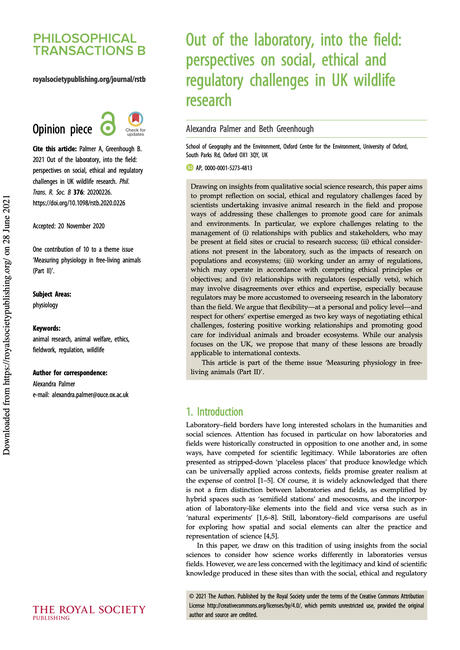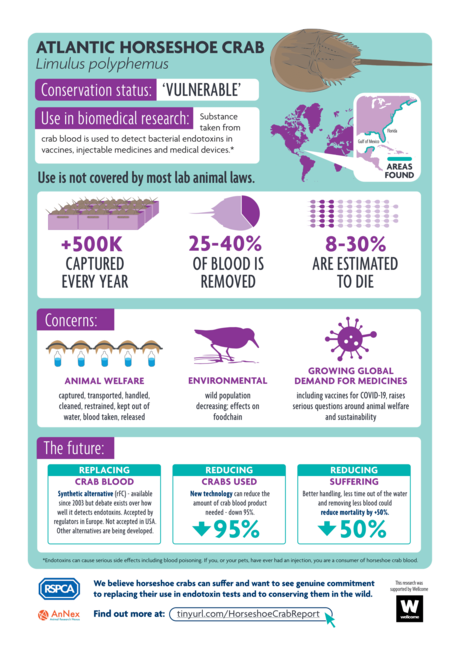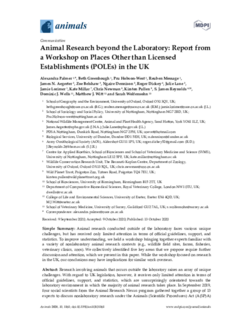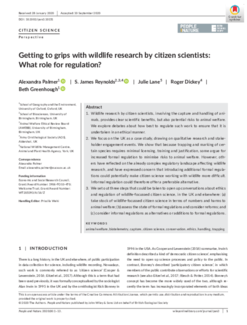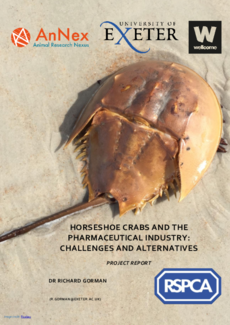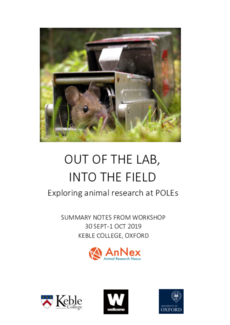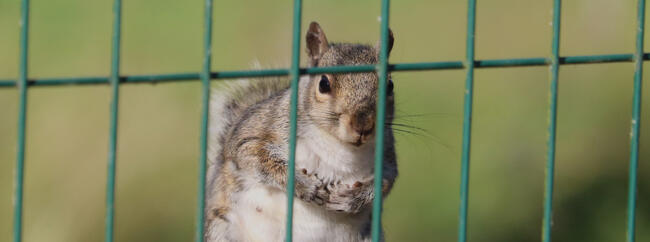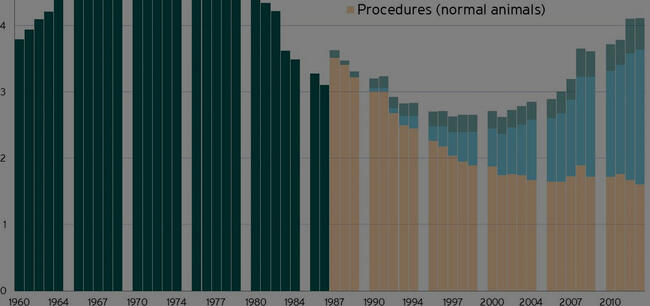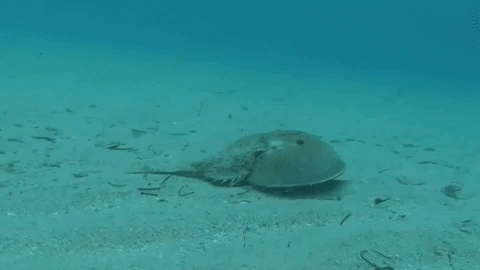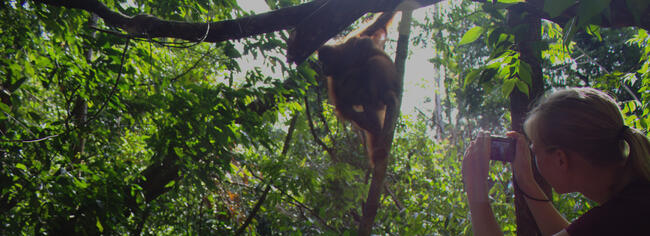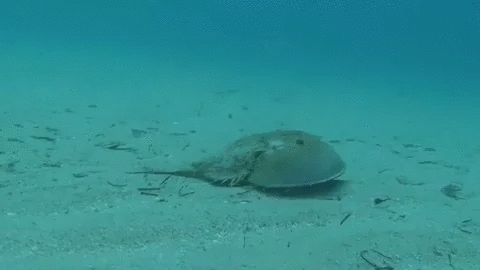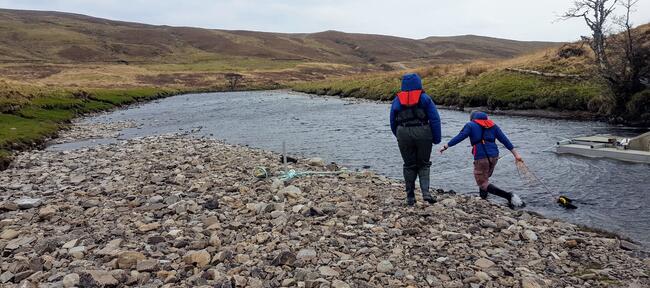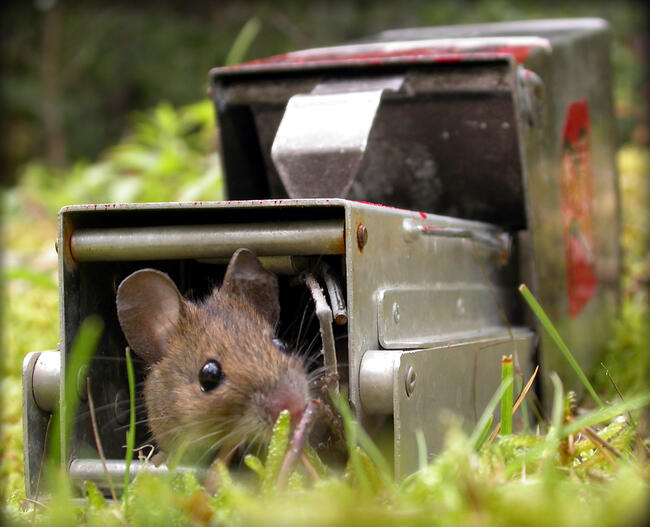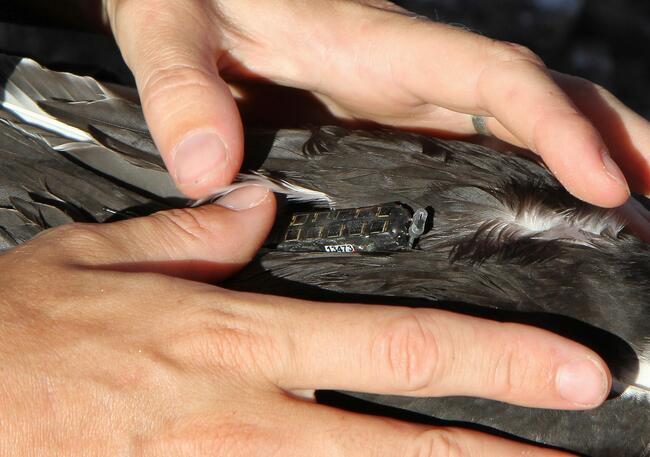Wildlife
Relevant, tagged site content:
Publications
Drawing on insights from qualitative social science research, this paper aims to prompt reflection on social, ethical and regulatory challenges faced by scientists undertaking invasive animal research in the field. We explore challenges relating to the management of (i) relationships with publics and stakeholders; (ii) ethical considerations not present in the laboratory; (iii) working under an array of regulations; and (iv) relationships with regulators (especially vets). We argue that flexibility—at a personal and policy level—and respect for others’ expertise emerged as two key ways of negotiating ethical challenges, fostering positive working relationships and promoting good care for individual animals and broader ecosystems.
Rich Gorman’s secondment to the RSPCA explored the social relations shaping the use of horseshoe crab blood within pharmaceutical endotoxin testing. This involved 13 stakeholder interviews, and has resulted in a stakeholder report alongside a peer-reviewed journal publication. Rich has also presented the research at industry conferences and academic seminars. This is the report and infographic produced for his research.
Animal research conducted outside of the laboratory faces various unique challenges, but has received only limited attention in terms of official guidelines, support, and statistics.
Citizen science involves participation by members of the public in scientific research. In wildlife research, citizen scientists might be involved in the capture and handling of animals (e.g.
Endotoxins are bacterial components that can cause systemic toxicity if they enter the mammalian blood stream.
These notes summarise some key topics of conversation at the workshop 'Out of the lab, into the field: Exploring animal research at POLEs', held on the 30th Sept-1st Oct, 2019, at Keble College, Oxford. Please feel free to share these notes with your colleagues and wider networks.
Blog entry
In part 1 of this blog series, we introduced the idea of a ‘spectrum of visibility’ in animal research, with
The COVID-19 crisis has clearly had significant effects on animal research, including research in the field.
Social scientists and historians have long observed that laboratory and field research are rather different (e.g., Gieryn, 2006; Kohler, 2002).
Events
What kinds of ethical and practical challenges do wildlife researchers face? How do these challenges compare with those faced by researchers working with laboratory animals?
Citizen science is a fundamental contributor to wildlife research in the UK but its regulation can be complex.
